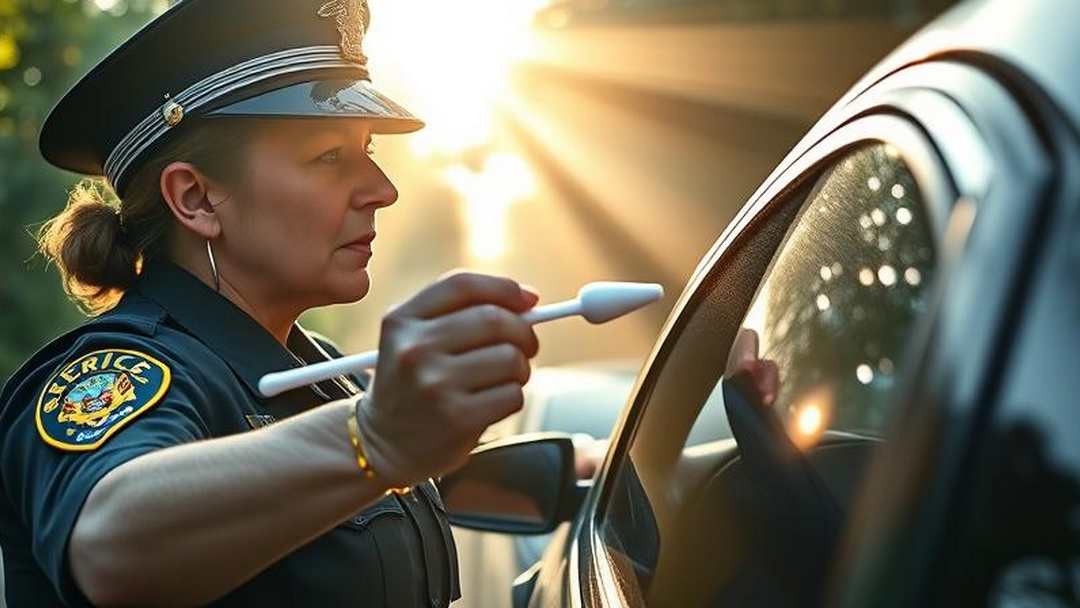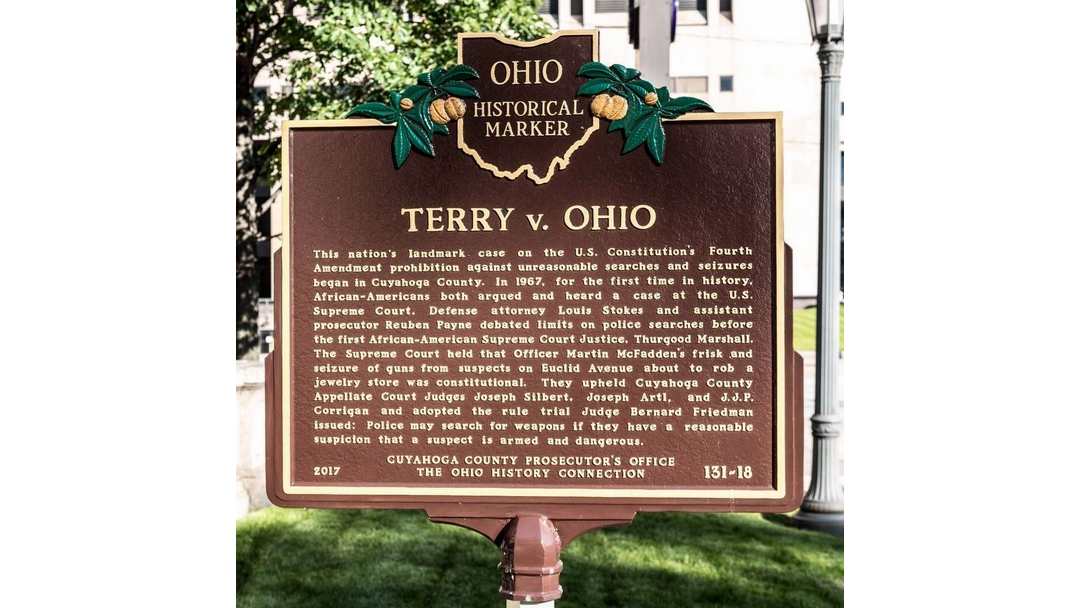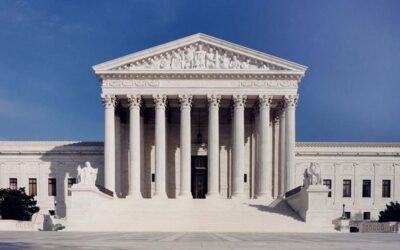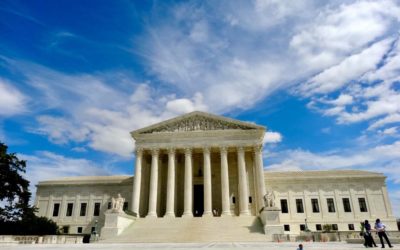Terry v. Ohio (1968)
Background
On October 31, 1963 while conducting his regular patrol in downtown Cleveland, seasoned Cleveland Police detective Martin McFadden, who brought 39 years of law enforcement experience to the job, observed three men behaving suspiciously as they paced back and forth in front of a jewelry store located on Euclid Avenue.
Concerned that the men were planning a robbery and possibly armed, McFadden identified himself as a police officer and inquired about their names. When the men merely mumbled their responses, McFadden conducted a frisk, discovering a pistol in John W. Terry’s overcoat pocket and a revolver in Richard Chilton’s coat pocket.
The unarmed third man, Katz, was noted in the incident where McFadden apprehended and charged Terry and Chilton for carrying concealed weapons. Judge Bernard Friedman of the Cuyahoga County Common Pleas Court subsequently found the defendants guilty, deeming that the suspicious behavior displayed by the men, coupled with McFadden’s genuine concern for his safety, justified the decision to conduct a frisk. This ruling was later upheld by the appeals court. In 1967, Terry brought the case before the U.S. Supreme Court.
In June 1968, the United States Supreme Court affirmed the conviction and set a precedent that allows police officers to interrogate and frisk suspicious individuals without probable cause for an arrest, providing that the officer can articulate a reasonable basis for the stop and frisk.
Significantly, Terry does not provide blanket authority to intrude on an individual’s right to be left alone, nor does it allow such intrusion based on a police offers inarticulate hunch that a crime is about to occur or is in progress.
However, it does radically expand police authority to investigate crimes where there is a reasonable basis for suspicion.
More in depth case detail can also be read here
Legal Counsel and Your Rights
When facing legal challenges, particularly in criminal cases, it is advisable to seek legal counsel immediately.
An experienced attorney can provide guidance on how to navigate interactions with law enforcement while safeguarding your constitutional rights.
Since 1993 our expert legal defense in navigating criminal law matters and protecting your constitutional rights are what we eat for breakfast everyday.
Contact Komorn Law PLLC if you’re ready to fight and win.
Research us and then call us.
Recent

Michigan lawmakers want to revive “junk science” roadside drug testing
The Roadside Drug Test...AgainHouse bills 4390 and 4391The proposed House bills 4390 and 4391 would enable law enforcement to administer tests aimed at assessing driver impairment; however, these testing devices do not provide information regarding the level of...

A secured and safe vote thanks to new laws in Michigan
Governor Whitmer Signs Historic Election Bills Package to Ensure Every Vote Can be Cast and CountedIn Case You Missed It November 30, 2023 “Today, we are expanding voting rights and strengthening our democracy,” said Governor Whitmer. “Michiganders spoke clearly last...
Other Articles
SCOTUS Opinion, SHEETZ v. COUNTY OF EL DORADO, CALIFORNIA
The Constitution provides “no textual justification for saying that the existence or the scope of a State’s power to expropriate private property without just compensation varies according to the branch of government effecting the expropriation.”The case in question...
Maker of CBD products asks court to decide
The Petitions of the Week column highlights a selection of cert petitions recently filed in the Supreme Court. A list of all petitions we’re watching is available here. Organized crime, from the mafia to small-time money laundering schemes, often evades criminal...
Supreme Court Ruling Strengthens First Amendment Protections: Implications for Michigan’s Threat Speech Laws
In a significant legal development, the United States Supreme Court has recently issued a ruling that has far-reaching implications for individuals facing charges related to "threat speech" in Michigan. The case of Counterman v. Colorado, decided on June 27, 2023,...
Listen Live to the US Supreme Court
Listen live to arguments in the Supreme Court. On Monday, the Supreme Court is set to hear arguments over the phone for the first time ever due to the coronavirus pandemic; they'll hear 10 cases remotely from now until May 13. But that's not the only history being...
















